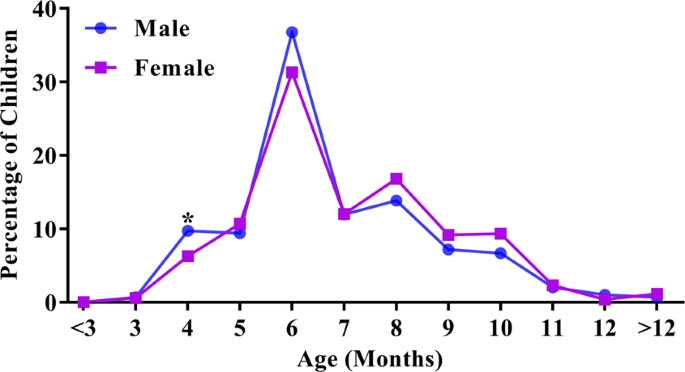
- Select a language for the TTS:
- UK English Female
- UK English Male
- US English Female
- US English Male
- Australian Female
- Australian Male
- Language selected: (auto detect) - EN
Play all audios:
Fifth Avenue is getting a makeover — that drivers and cyclists are sure to hate — under a $400 million redesign project that Mayor Eric Adams announced Wednesday. The overhaul, which will be
the first major redesign in the thoroughfare’s 200-year history, aims to boost foot traffic in the shopping area by expanding sidewalks, trimming driving lanes and adding plants and lights,
according to renderings provided by City Hall. The proposed new look for “America’s Street of Dreams” was released in October, but the multi-millions in funding to make it come true was
locked down as part of Adams’ budget plan for the 2026 fiscal year. “Thanks to our ‘Best Budget Ever,’ we are bringing total investments up to over $400 million as we reclaim space for New
Yorkers, their families and tourists, and cement Fifth Avenue’s status as an economic engine and job creator for all five boroughs,” he said. Adams said the investments will pay for
themselves within five years, thanks to increased sales and property tax revenues from the section of the avenue, between Bryant Park and Central Park South. EXPLORE MORE Construction is not
expected to start until 2028, officials said. But the ritzy redesign is already getting ripped by some New Yorkers — particularly cyclists and public transit lovers, as the current plan
doesn’t add bus or bike lanes. Adams’ predecessor, Bill de Blasio, had planned on cutting down vehicle traffic to buses only in the space, but the mayor put those plans to bed after taking
office, Streetsblog originally reported. “Two mayors have now disregarded city workers’ plans for a busway, throwing riders under the bus to favor luxury boutiques,” said Danny Pearlstein,
communications director for the advocacy group Riders Alliance. “Slow, unreliable bus service on Manhattan’s Fifth Avenue wastes precious time for more than 100,000 working New Yorkers every
single day,” he griped in a statement. Currently, Fifth Avenue is 100 feet wide with five traffic lanes and two 23-foot sidewalks. The corridor, sometimes called “Millionaires row,” already
features a myriad of luxe storefronts, which the city said it aims to make more accessible to pedestrians with the redesign project. The plan will nearly double the width of the sidewalks
by 46%, shorten pedestrian crossings by a third, and shrink the road down to three lanes of traffic. Some city cyclists were alarmed that the plans didn’t account for bike lanes on an
already busy street. “This plan entirely fails to meet the moment.” said the non-profit Transportation Alternatives in a post on X. “(Fifth Avenue) has the slowest bus speeds in NYC, and
Fifth Avenue has the highest bike ridership of any street in Manhattan without a bike lane, but this plan leaves out buses and bikes entirely.” Other cycling aficionados were more
optimistic. Neile Weissman, a spokesperson for the New York Cycle Club, said any plan that reduces vehicles on the roads equates to more safety for bikers. “Making provision for cyclists
would be great, but anything that makes walking and mass transit more attractive than driving for getting around Manhattan is a ‘win,'” Weissman said. Dahlia Goldenberg, associate
director of Families for Safe Streets, emphasized the need for protected bike and bus lanes for pedestrian safety. “More pedestrian space is great. But speaking for an organization comprised
of people who have lost loved ones to traffic crashes or experienced serious injury, a redesign of Fifth Avenue without a protected bike lane or bus lane is misguided,” Goldenberg said.
“Without space for bikes, neither people on bikes nor pedestrians can be fully protected or safe on the street,” she said. The current design was created in partnership with the Grand
Central Partnership, the Central Park Conservancy and Bryant Park Corporation, the mayor’s office said. Adams also introduced a plan to add a bus lane to 34th Street this week, just south of
the new Fifth Avenue project, in a bid to reduce wait times for the city’s over 28,000 riders. The busway — cheered by transit groups — will be the eight in the city and the seventh
installed since 14th Street in 2019.



